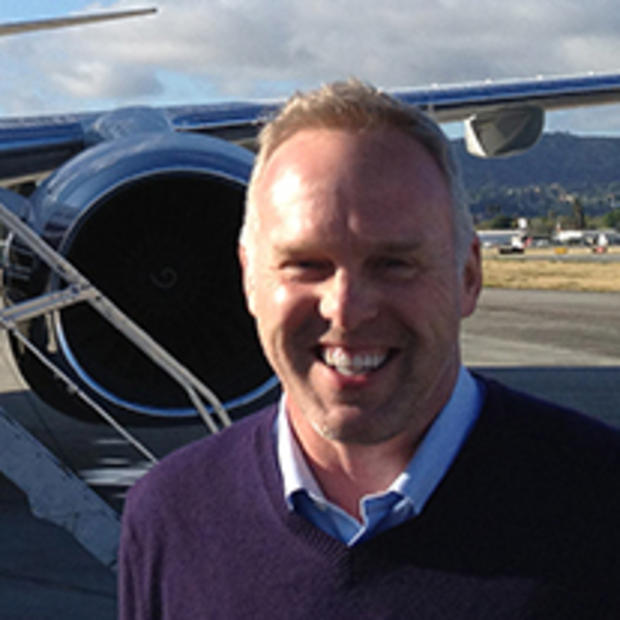Bank runs are hard to visualize these days. Unlike during the Great Depression, a run on the bank today happens through bits and electrons, websites and wire transfers. Even the biggest bank run in history took place without any mobs storming Seattle's Washington Mutual headquarters. So, it is understandable that an attempt to create a full-blown, three-dimensional media event today (Friday, Jan. 13) to dramatize the moving of bank accounts would be a challenge. In today's case, it wasn't the size or number of accounts being moved that was the point, but rather who those accounts belong to.
Before an earnest but tiny crowd outside the Bank of America branch in Seattle's University District, two large regional church organizations made a public point of withdrawing their money from BofA and moving it to local financial institutions. The Church Council of Greater Seattle has moved its accounts to Seattle-based HomeStreet Bank and the Faith Action Network is moving its accounts to local credit union BECU.
Both the Council and Network governing boards voted unanimously to make a change. According to Michael Ramos, executive director of the Church Council, moving the accounts "is a moral duty and responsibility for us" and added that "we encourage other faith communities to prayerfully consider their own actions" in choosing where they bank.
The organizations issued a joint statement saying, "We choose to take this basic step out of a desire not to cooperate with a banking system reaping windfall profits on a foundation of overreach and greed, in a time of deregulation and perpetuated economic disparities. ... [L]ocal banks offer the promise of a just return to taxpayers and a responsible approach to investment and community health and well-being."
The resolution passed by the Faith Action Network board claims that local banks, while holding only about 11 percent of total bank assets, make nearly 60 percent of small business loans, while those proportions are roughly reversed for the large national megabanks.
This group is more than a typical Occupy crowd, mainstream Presbyterians, Lutherans, Episcopalians, and the like. The Church Council represents 15 different denominations and about 350 local area churches. The statewide Faith Action Network, formerly the Washington Association of Churches and the Lutheran Public Policy Office, is affiliated with approximately 900 member denomination churches across the state. Today's event, however, was about the decisions made only by the larger organizations. Member churches are able to make individual investment decisions.
Ramos said, "We need to denounce sinful policies wherever they exist."
As to the mechanics of the move, Woldt said she met with the staff at the BofA branch and described them as unfailingly polite and "very cooperative." Woldt says both organizations maintained accounts with BofA for decades, all the way back to when it, too, was as a local bank: Sea-First.



